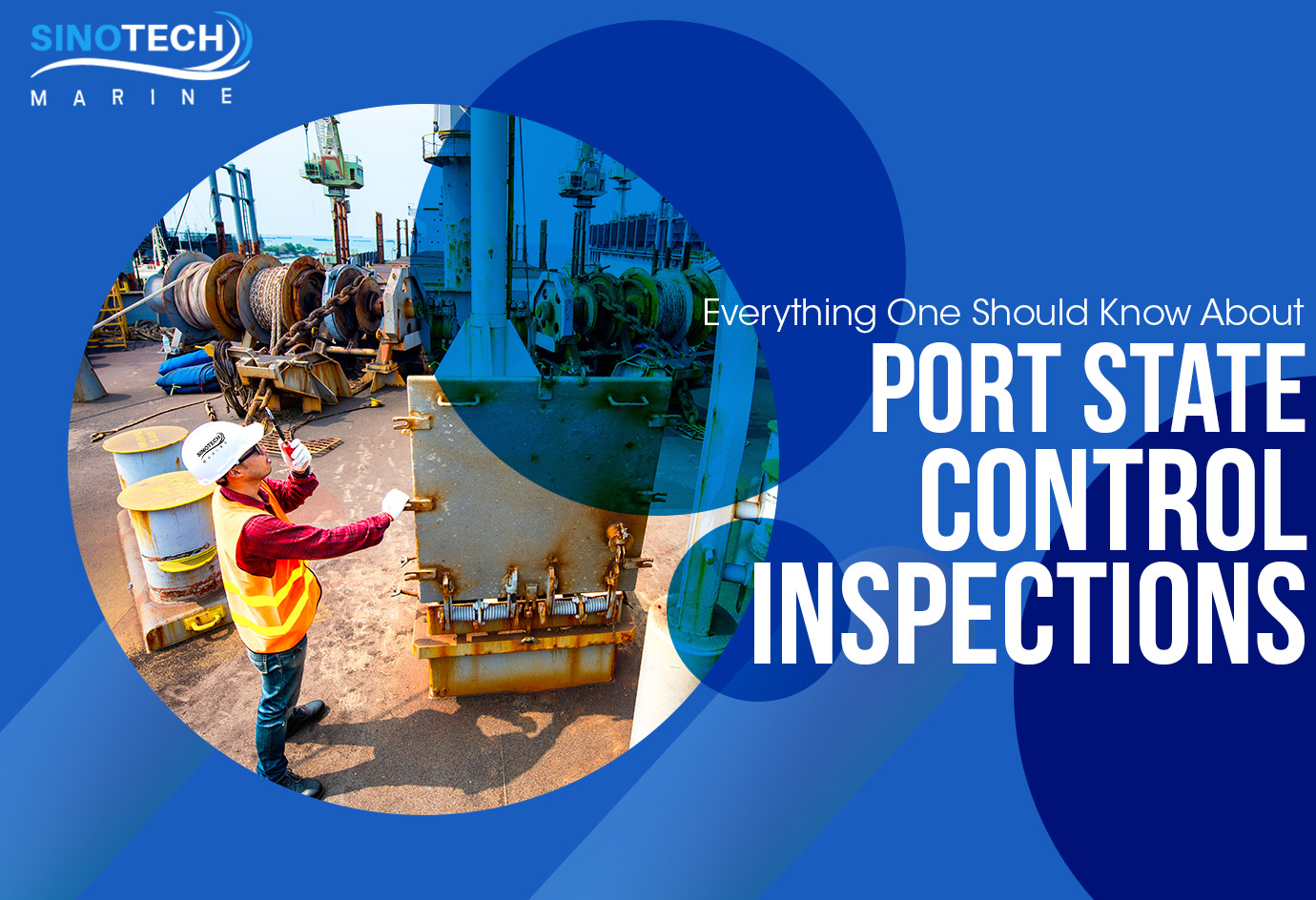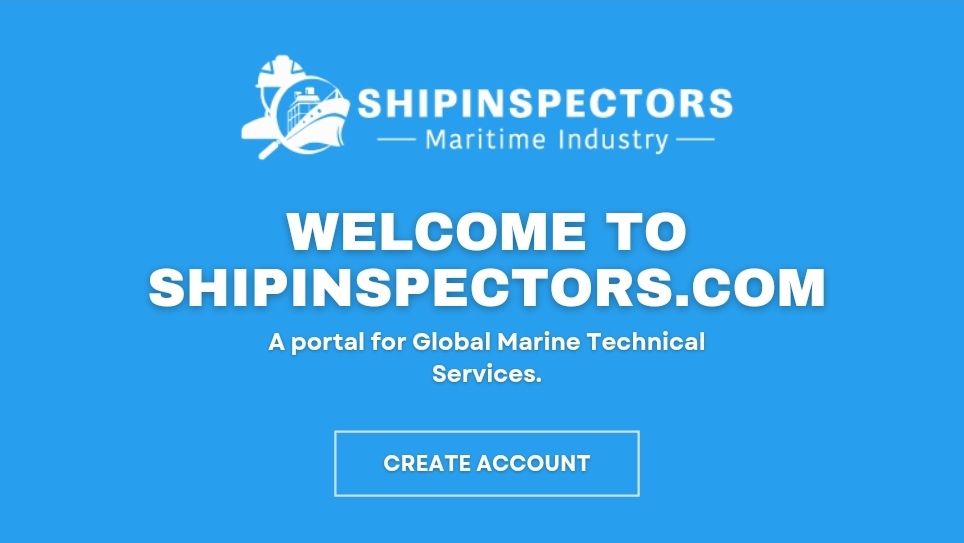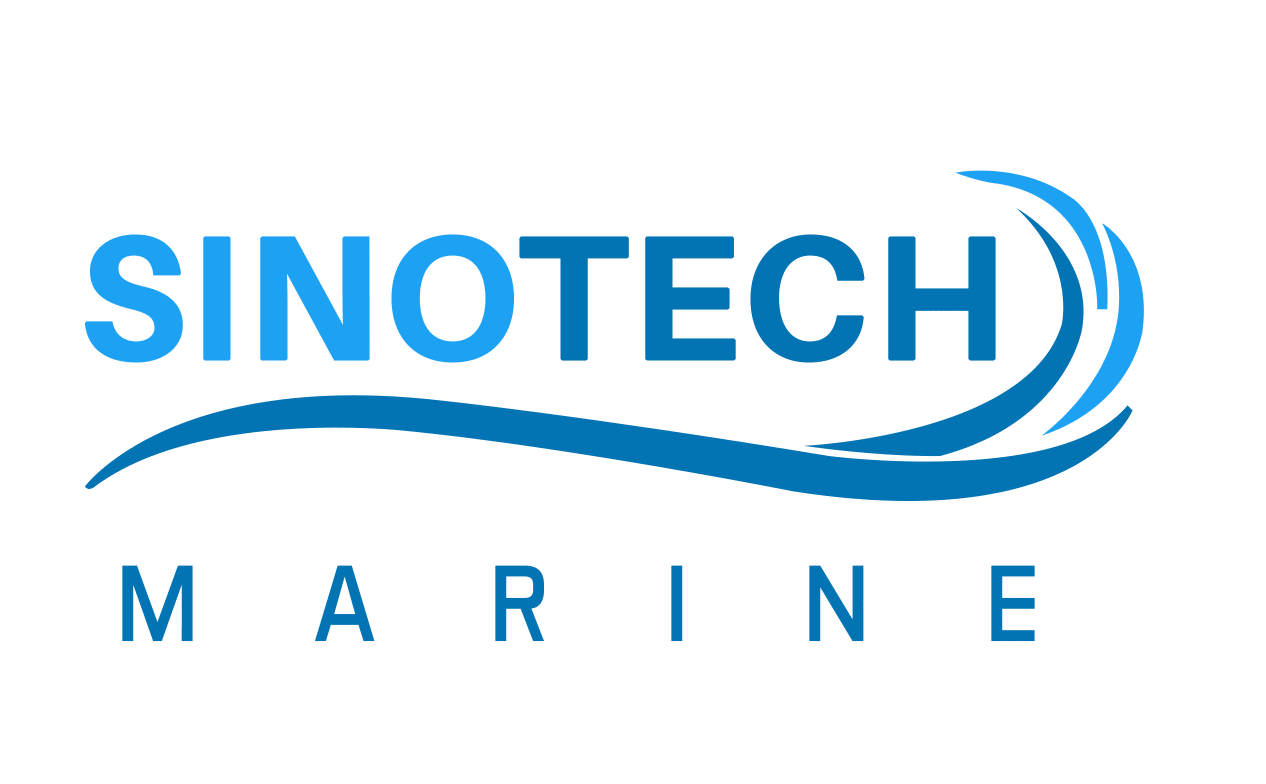If you are into the maritime industry, you might have heard the term “Port State Control Inspection” and that too, quite a lot. It is a type of inspection that is carried out on the foreign ships at national ports to verify whether the condition of the ship and its equipment comply with the International Regulations or not. To see if the ship is properly manned and operated and is in compliance with all the international norms and regulations is part of PSC inspection.
Sinotech Marine is an expert in performing inspections to verify the vessel’s preparedness for the PSC inspection. Our inspectors also provide necessary training to the crew for emergency preparedness and safe operation of the ship.
What are the Types of PSC Inspections?
When a PSC Inspector gets onboard, he carries out either one of the 4 types of inspections mentioned below:
- Initial Inspection
- More Detailed Inspection
- Expanded Inspection
- Concentrated Inspection Campaign
Under the authority of International Conventions, the Port State Control Inspections are carried out which are done to verify if the vessel:
- Is appropriate for intended service
- Is not a pollution risk
- Has valid documents and certifications as per the relevant conventions
- Offers a safe and healthy working environment to the crew members
Earlier, the Port State Control Inspections were purely based on a visit on board to verify the necessary certifications and documentation. The initial visit gives an opportunity to the inspector to judge the appearance and condition of the ship.
When the vessel or the ship does not satisfy the above criteria, a detailed inspection is then carried out. It is with the help of this detailed inspection that the proper condition of the ship is determined and verified whether it is substandard and/or unfit for service.
When Does a PSC Inspector Perform a Detailed Inspection?
- A report or a complaint from a crew member, master, or any person from any organization with a valid interest in the safe operation of the ship or for the prevention of pollution
- A report or a notification received from a different authority
- Any serious deficiencies during the preliminary inspection
- What Happens If the Vessel is Detained?
In most instances, the rectification of the deficiencies noted by the inspectors is done while the inspector is still aboard. Once done, the vessel departed on its regular schedule. However, other deficiencies may require further rectification and the vessel may be detained unless it is resolved.
Post detention, the inspectors have to verify that before proceeding to the sea, all the deficiencies have been rectified satisfactorily. In addition to that, the inspector may also:
- Notify the Flag Administration
- Require verification from the Flag Administration or any recognized organization for deficiency review and confirmation on its satisfactory rectification or resolution.
- Permit the vessel to proceed to the next port for its repairs if the repairs cannot be conducted at the current port by notifying the Port State
Control Authorities of the vessel’s next Port of Call and the respective Flag Administration.
Several Port Authorities around the world have incorporated Port State Control Inspections and even maintain a respective database to monitor their owners who operate substandard vessels. Based on the PSC Performance of a vessel, a vessel or an owner can be targeted. Russia, the USA, Japan, Australia have been some of the most active Port Authorities in the last three years.





